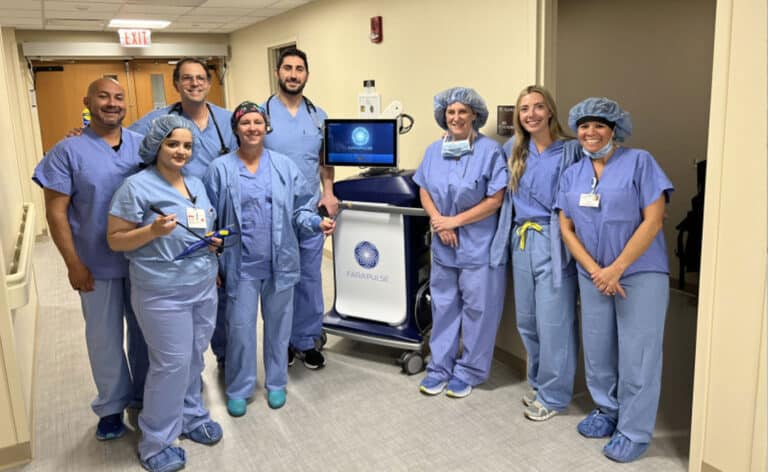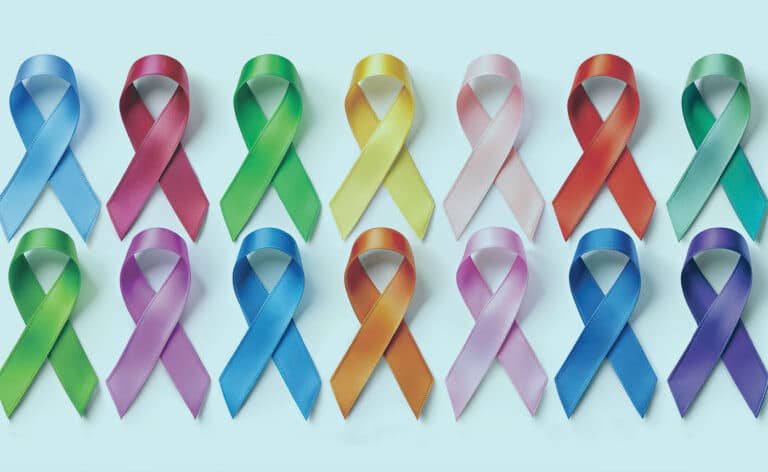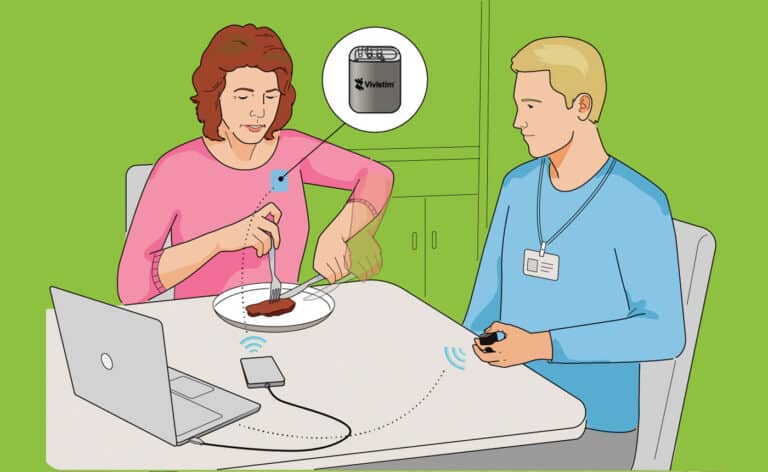By Megy Karydes
The appeal was strong. A three-day juice cleanse was half off on Groupon, and it promised to detoxify the body and bloodstream as well as bolster the immune system to help fight off sickness. Chicagoan Victoria Kent, who wanted to jump-start a healthier routine, thought the juice cleanse, combined with an elevated workout schedule and break from drinking alcohol, was ideal. She hit the buy button.
According to Leah Woock, RD, LDN, registered dietitian at Advocate Illinois Masonic Medical Center, juicing is the extraction of vitamins, minerals, water and sugar from whole fruits and vegetables in order to consume the nutrition benefits in a quick, easy drink.
“The benefits of juicing are [that they’re] a good way to get fruits and vegetables into your diet if you are not consuming much throughout the day,” says Woock. But, she quickly ads, there are downfalls to this form of cleanse of which consumers need to be aware. “The process of juicing extracts the pulp from the whole fruit and vegetable, which means you miss the benefits of fiber. Also, juicing can add up in calories quickly if you are juicing multiple fruits each time. One serving of fruit is approximately 80 calories per serving.”
With any restrictive meal plan or nutritional supplements, Woock recommends scheduling a visit with a physician first. “If someone is considering juicing, people should consider the personal reason for doing so,” she advises. “Some people might use juicing as a willpower tool to begin a weight-loss program. The weight loss is only temporary due to water-weight loss and very low calories. People should not use juicing as a way to detox—our bodies function as a natural detox system with the use of our kidneys and liver. Those with a health history of diabetes should avoid juicing consisting of the fruits due to the high-carbohydrate, high-sugar content.”
Kent didn’t consult a physician before starting her all-juice diet but felt that since the juicing program was only for three days, and she was in good overall health, a visit was unnecessary. If the program had been longer, she says she might have asked her doctor before making the decision.
“Before I decided to do the cleanse, I did some research online and asked friends their thoughts,” she says. “I know quite a few people who do cleanses regularly, and they love how it kind of resets your thinking about food.”
While Kent works in the food-and-beverage industry and is surrounded by good food on a daily basis, she credits the juicing program for making her think twice about what she was eating after the three-day cleanse ended.
“I started making better food choices, and I’ve definitely started drinking more water throughout the day,” she admits.
Woock notes that everyone has their own motivation or reason for jump-starting a weight-loss plan and reminds people that juicing is temporary and should always be followed by a healthy meal plan.
“Buying the premade juicing products can be pricey and lack fiber that is naturally provided from fruits and vegetables. If someone is motivated to go this route temporarily, it would be more beneficial to make their own juice blend … in a blender to be able to consume the whole fruit and vegetable with the fiber intact.”
Still, Woock maintains that the best and most effective way to achieve weight loss and optimal health is to eat fruit, vegetables, lean proteins, healthy fats and consume adequate water; all in conjunction with a personalized exercise plan.
“With achieving or maintaining health and ideal weight, there are no quick fixes; only healthy lifestyle [adaptations],” she says.
For a busy professional like Kent, though, a three-day juice cleanse is short enough and makes her feel it’s what she needs to help get her diet back on track.











